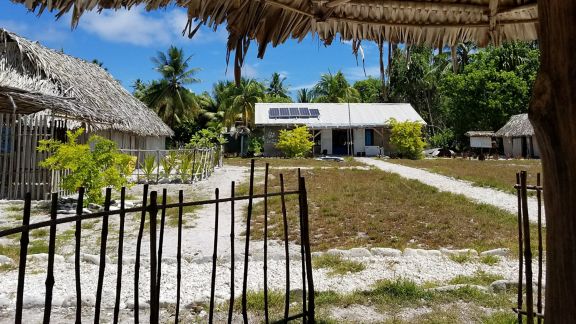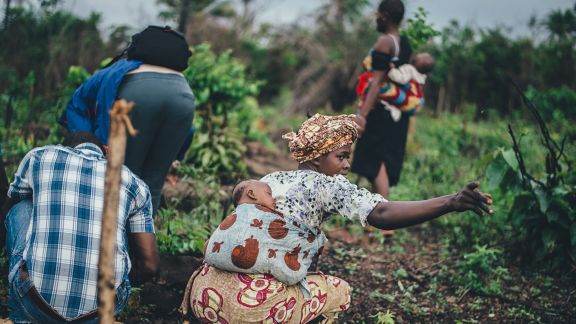Child Sex Exploitation in Kenya

Problem
Vulnerable Kenyan children are sexually exploited.
Kenya is a source, transit, and destination for commercial sexual exploitation of children (CSEC) despite continued efforts by the Kenyan government to eliminate it. The supply chain of sex trafficking in Kenya is interlinked, with inland trafficking responding to high demands created by the child sex tourism industry on the coast. Victims are trafficked by intermediaries such as recruitment agents and taxi drivers or by people known to them, including their own families.
Solution
Estimate the knowledge, attitudes, and practice of CSEC populations.
Terre des Hommes Netherlands partnered with Kesho Kenya on the Building a Future project (TdH-BAF). As part of their Knowledge, Attitudes, and Practices (KAP) study, The Global Fund to End Modern Slavery (GFEMS) contracted NORC to assess whether TdH-BAF’s package of community interventions is leading to measurable change in knowledge, attitudes, and practices vis-à-vis CSEC in coastal Kenya. GFEMS also commissioned NORC to perform a separate prevalence study to obtain pre- and post-intervention point estimates of the count of CSEC victims in the coastal Kenyan counties of Mombasa, Kilifi, and Kwale.
Result
CSEC prevalence dropped between baseline and endline, and there is evidence of positive impact of TdH-BAF on community KAP.
Statistical models at endline show a consistent, positive relationship between exposure to CSEC-related advocacy activities and KAP of program participants. In addition, CSEC prevalence dropped from 1.7 percent in 2021 (baseline) to 0.8 percent in 2022 (endline). Despite these positive developments, 2,426 children are still being exploited in the commercial sex industry in Kilifi and Kwale. In addition, community knowledge about reporting channels other than traditional authorities and the police remains low, suggesting a need for continued advocacy and awareness-raising activities.
Full results of the prevalence and KAP studies can be downloaded below.
Related Tags
Project Leads
-
Kareem Kysia
Program Area DirectorProject Director & Principal Investigator -
Rachael Jackson
Senior Research ScientistTraining Lead








